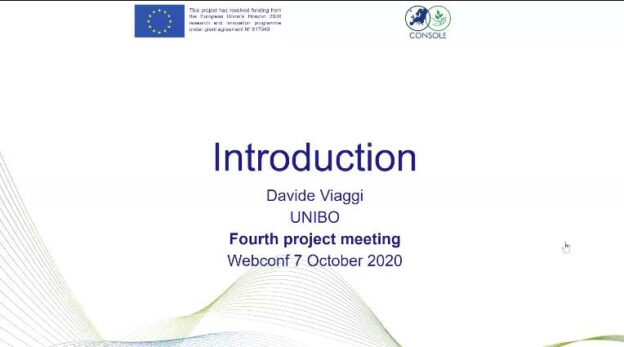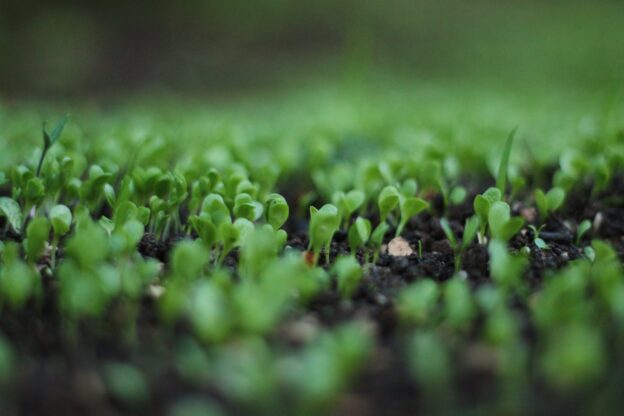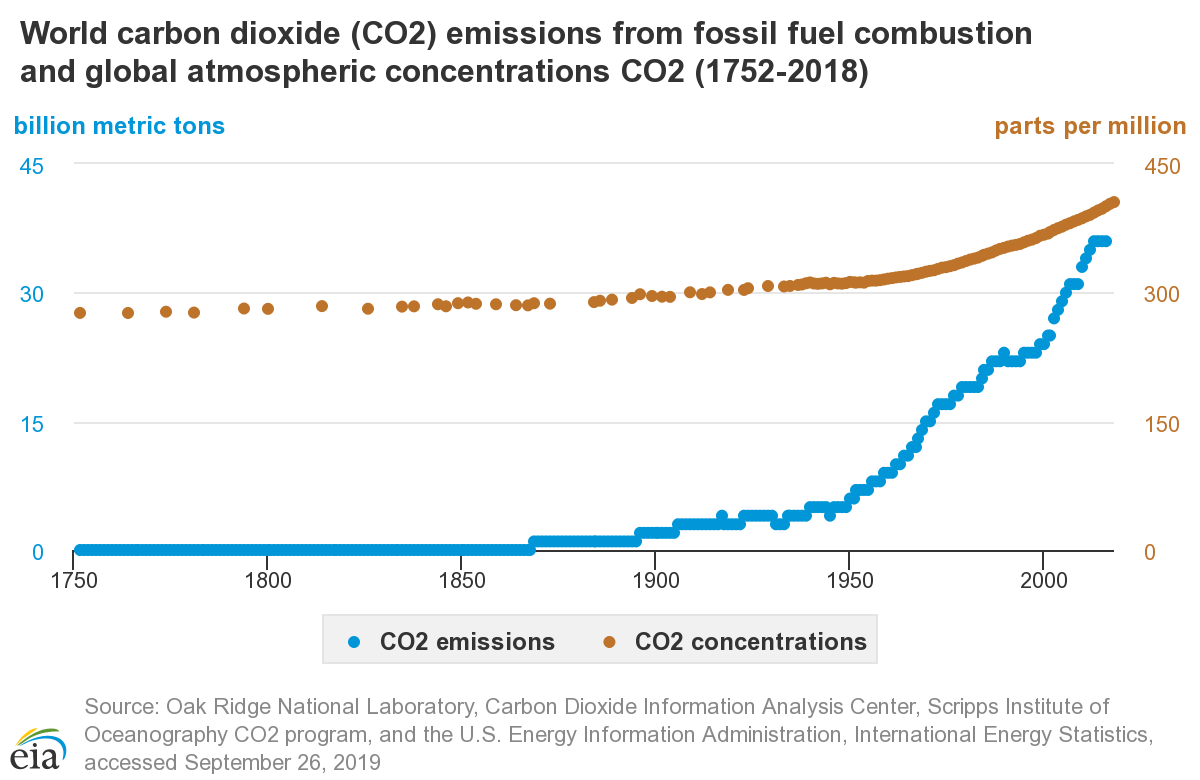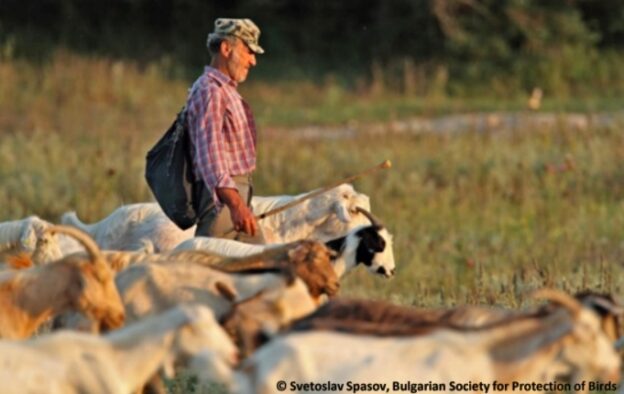Lessons learned from over 60 case studies
19th of October 2020 10:00-12:00
ONLINE
We investigated 60 promising examples of contract solutions, which implement result- based, cooperation, land lease and value chain approaches to improve the provision of public goods by agriculture and forestry. Our case studies stem from 13 EU countries and consider 14 different agri-environmental-climate public goods. In the workshop we will present the findings and lessons learned gained from these exemplary cases. We would like to discuss with you potential barriers and success factors, as well as options for enhanced uptake of such solutions.
Workshop Programme
| Time | Topic | Speaker |
|---|---|---|
| 09:45 – 10:00 | Welcoming Video platform opens – all participants check their technicalities A recording is foreseen – only the presentation will be made public after the event | Master-moderator: Prof. Davide Viaggi (University of Bologna, CONSOLE project leader) |
| 10:00 – 10:10 | Short Introduction to the CONSOLE project | Prof. Davide Viaggi (University of Bologna, CONSOLE project leader) |
| 10:10 – 10:15 | Welcome Video/Statement | DG AGRI Project Officer (tbc) |
| 10:15 – 10:45 | New contract solutions for the improved provision of public goods from agriculture and forestry | Dr. Lena Schaller (University of Natural Resources and Life Sciences, Vienna) |
| 10:45 – 11:00 | Lessons learned from the case studies. Reactions from the audience to identified success factors | Dr. Tania Runge (Thünen Institute, Braunschweig) |
| 11:30 – 11:50 | Future design of contract solutions. Collection of thoughts, recommendations, and experiences from participants | Moderation: Prof. Thia Hennessy (University College Cork) |
| 11.50 – 12:00 | Closing remarks with an outlook into future steps and how to get involved in CONSOLE activities | Prof. Davide Viaggi (University of Bologna, CONSOLE project leader) |
| 12:00 | End of session |







